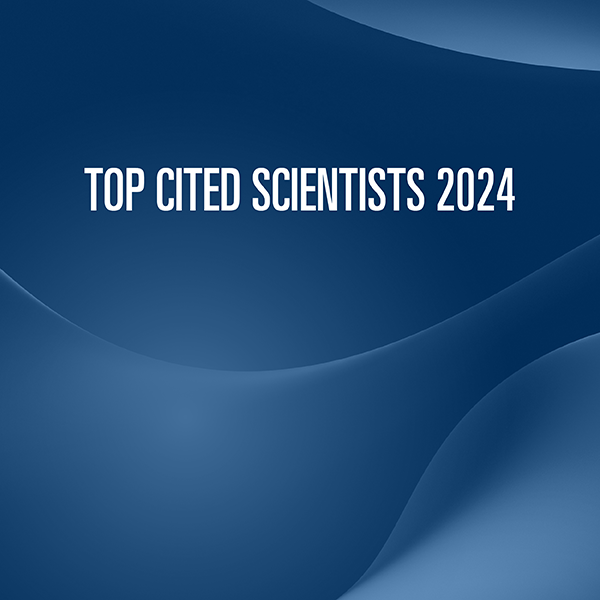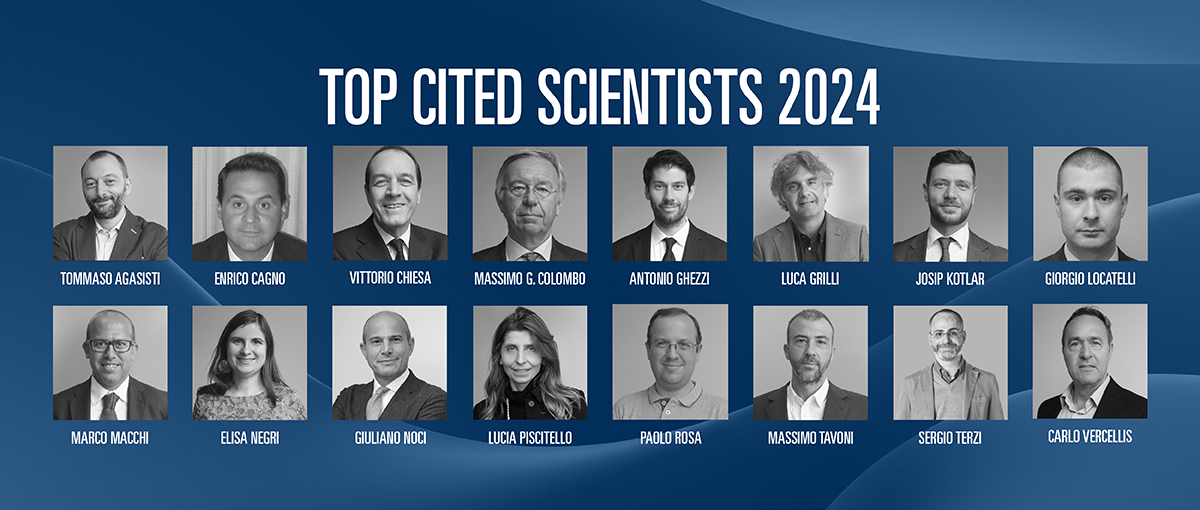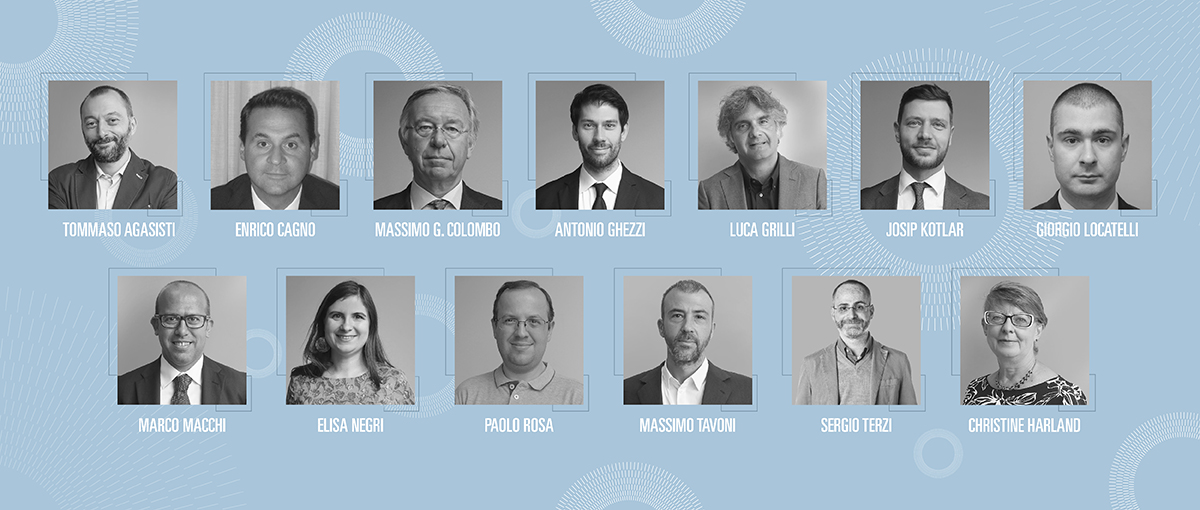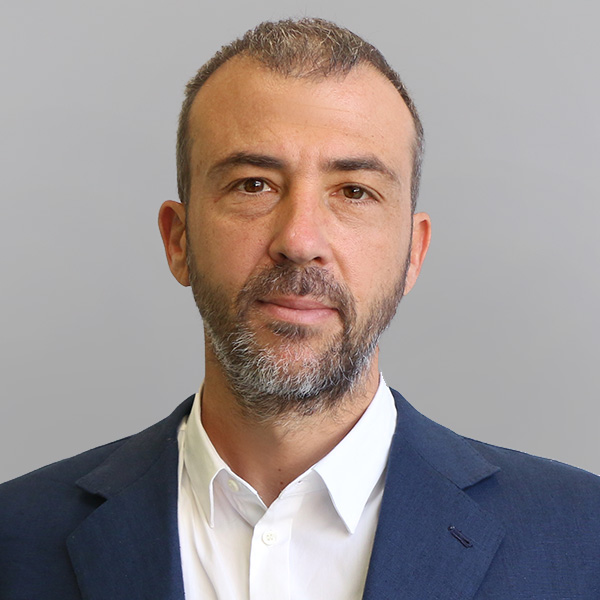A prestigious award that recognises the global scientific impact of our faculty in the academic research landscape.
In the latest update of the international database of scientific authors with relevant citations, compiled by Stanford University in collaboration with Elsevier, 14 faculty members from the School of Management of the Politecnico di Milano are included in the 2% of the most cited researchers in the world in the year 2023 and 6 professors are recognised for their scientific contribution throughout their careers, up to 2023, for a total of 16 professors.
To assess the impact of publications, the ranking uses bibliometric data extracted from Scopus, one of the largest databases of scientific citations.
The list of 14 professors from the School of Management of the Politecnico di Milano included in the top 2% of the world’s most cited researchers in the year 2023, divided into 22 subject areas and 174 thematic sub-categories:
- Tommaso Agasisti
- Enrico Cagno
- Massimo G. Colombo
- Antonio Ghezzi
- Luca Grilli
- Josip Kotlar
- Giorgio Locatelli
- Marco Macchi
- Elisa Negri
- Giuliano Noci
- Lucia Piscitello
- Paolo Rosa
- Massimo Tavoni
- Sergio Terzi
The list of 6 faculty members included in the top 2% of the world’s most cited researchers throughout their careers until 2023:
- Tommaso Agasisti
- Enrico Cagno
- Vittorio Chiesa
- Massimo G. Colombo
- Giorgio Locatelli
- Carlo Vercellis
These results provide an overview of the School of Management’s research impact at an international level, demonstrating a significant ability to influence the scientific debate across disciplinary areas. The research conducted ranges from topics related to business management and management engineering to technological innovation and sustainability. The award reflects not only the high quality of the academic contributions produced, but also the relevance of the lines of research, which continue to generate value for the scientific community and the industrial and managerial world.
To consult the complete database:
Ioannidis, John P.A. (2024), “August 2024 data-update for ‘Updated science-wide author databases of standardized citation indicators’”, Elsevier Data Repository, V7, doi: https://elsevier.digitalcommonsdata.com/datasets/btchxktzyw/7














